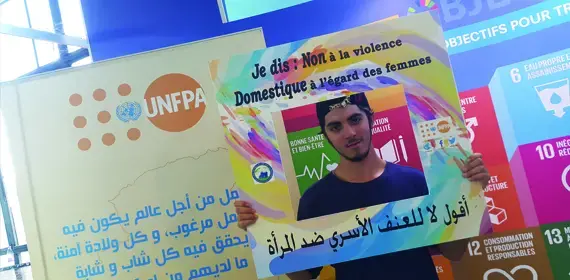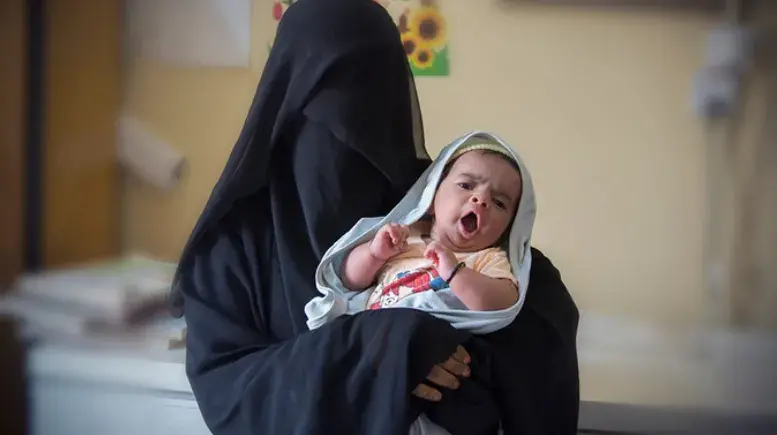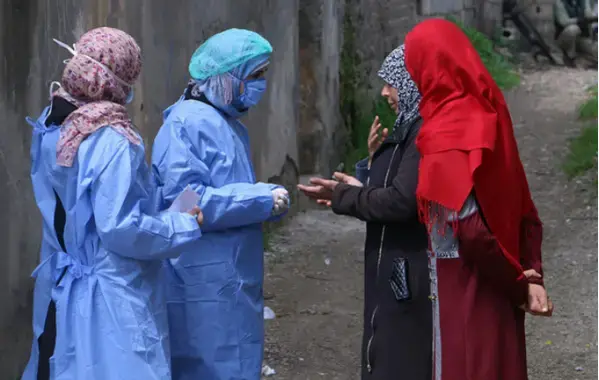Ending Gender-Based Violence: Women’s rights at the heart of development
Violence against women and girls is one of the most prevalent human rights violations in the world. Worldwide, an estimated one in three women will experience physical or sexual abuse in her lifetime.
Gender-based violence undermines the health, dignity, security and autonomy of its victims, yet it remains shrouded in a culture of silence.
In Algeria, 59% of married women say that domestic violence by the husband is acceptable.
To eradicate GBV, UNFPA works closely with government and CSOs to further achieve gender equality and women’s empowerment under SDG 5, and to address the physical and emotional consequences of gender-based violence. UNFPA also plays a key role in addressing gender-based violence through its sexual and reproductive health programmes.
UNFPA supports the Algerian Government, particularly Ministry of National Solidarity, Family and Women Condition to operationalize the national strategy to fight violence against women, and different stakeholders. It helps promote data collection and analysis on GBV and the situation of vulnerable women in order to strengthen the multisectoral coordination mechanisms on prevention and response to women survivors of violence.
I am a man, I respect women:
UNFPA’s efforts to address violence focus also on engaging men and boys through policy dialogue, advocacy events, and community awareness-raising and youth initiatives. UNFPA campaigns engages them, not only in addressing the rights of women and girls but all human rights, and also showing their positive role model in fighting GBV.
In recent years, making gender equality a reality has evolved to engage men and boys to end violence against women through development programmes that support gender transformative approaches. Engaging men and boys as partners for gender equality is a cross-cutting aspect of goals identified in the UNFPA Strategic.
It’s the key to yield benefits for the whole society , not just women and girls. Ensuring access to sexual and reproductive health information and services and protection from gender-based violence, improves the family health and the economic well-being of the entire community.
UNFPA programmes are encouraging men and boys to abandon negative stereotypes, embrace respectful behavior, have healthy relationships, support the human rights of all women and above all, recognize their positive and vital role and stand by women and girls.
At the same time, young men and boys are future partners, community members and leaders – reaching them with programmes that promote gender-equitable attitudes and behaviours is key to ensuring the future is free of gender-based discrimination from now till 2030.





